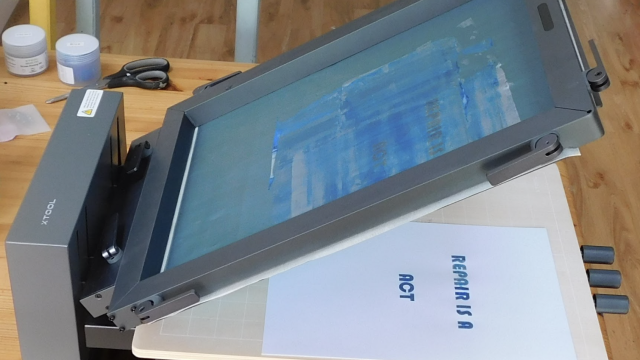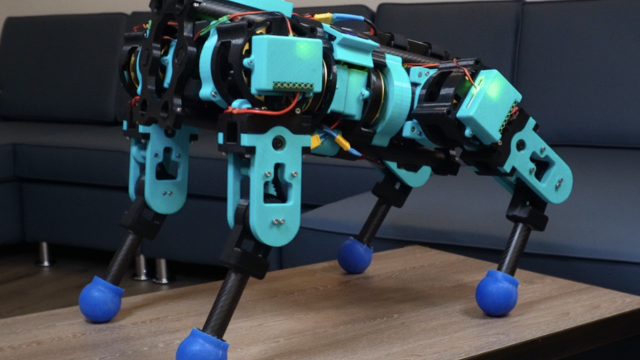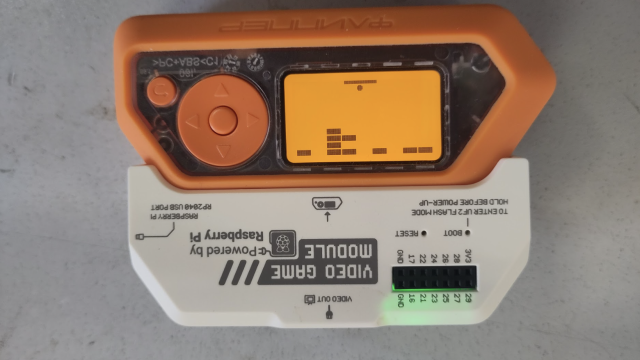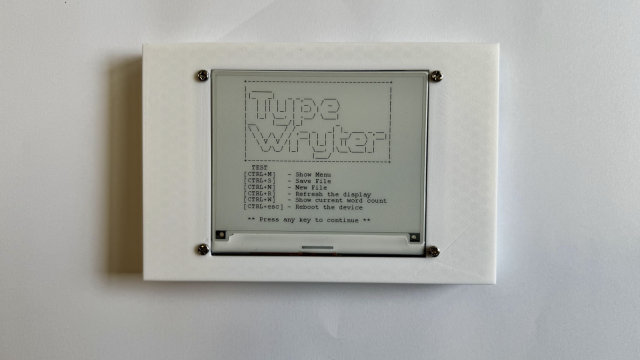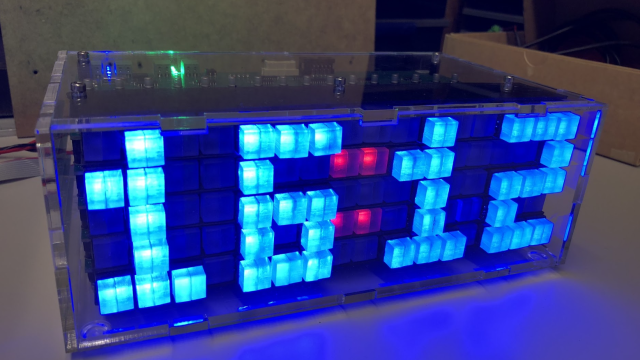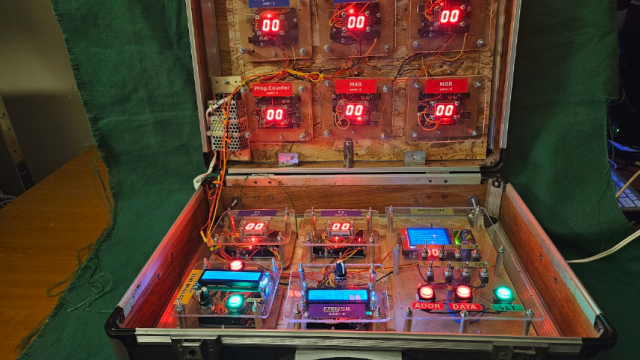Each card features a single home computer, from the Acorn A3000 to the Texas Instruments TI-99/4A – with a bonus, ‘joker’ card based on the rather more modern Raspberry Pi – with a full-colour picture and a series of statistics ranging from CPU type and speed to memory quantity, display resolution, and colour palette, as well as the year of release. Any two cards can be compared and, when shuffled and dealt, you’ve got a game on your hands.

8bitkick’s card set soon became an official product of the Centre for Computing History, and the two have continued their collaboration with the launch of a second set: Games Consoles. Like their predecessors, the cards pull in high-quality imagery and statistics for classic consoles from Atari’s Home Pong to the less well-known Watara Supervision.
It’s here, though, that a trick has been missed: while some of the statistics, such as CPU speed, launch year, and memory quantity, are shared between the two decks, others are not. The Games Consoles deck introduces new statistics including units sold, game library size, launch price – which switches currencies throughout, keeping players on their toes – and ‘cool factor’, a divisive and entirely subjective rating sure to be the cause of more than a few arguments.
Not being able to shuffle the two decks together to build a larger deck is a missed opportunity, but one that doesn’t take too much from what 8bitkick and the Centre for Computing History have built. The imagery – all Creative Commons licensed, and in the Games Consoles deck the exclusive work of The Game Console author Evan Amos – is of high quality, and simply rifling through each deck is sure to bring back memories.
The packaging, too, is enough to trigger a near-fatal overdose of nostalgia: each deck comes in a plastic clamshell designed to mimic that of a cassette tape, though without the pins that held the tape in place, while the liner includes instructions on play.
At £10 a deck, the cards make official Top Trumps sets seem cheap – but knowing the money’s going to charity makes it a lot easier to swallow.

